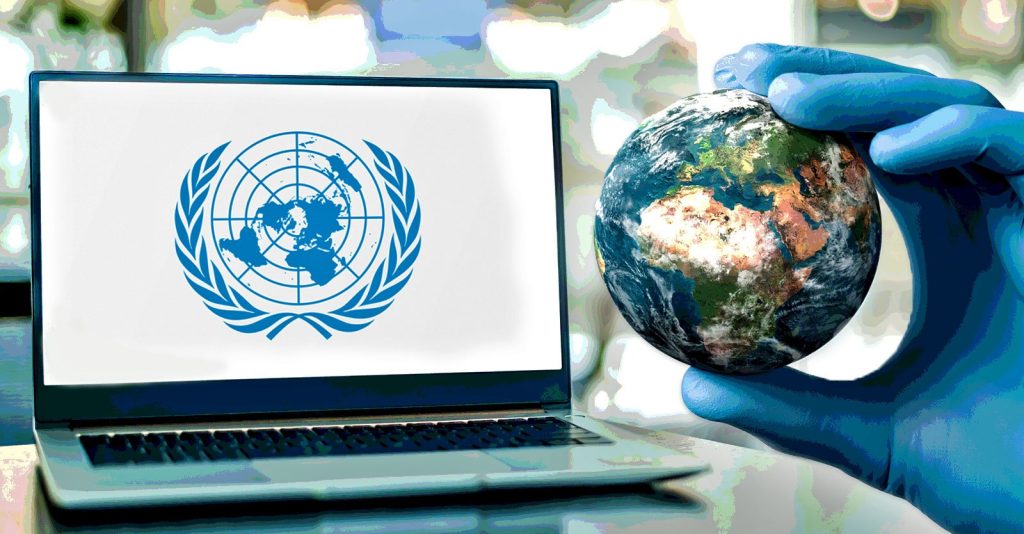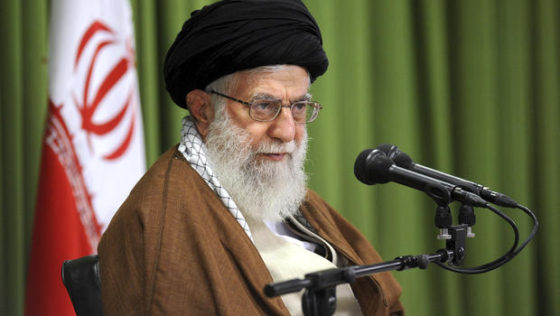This article was originally published by Rhoda Wilson at The Daily Exposé.
Maybe 5% of the negotiations regarding the World Health Organisation’s Pandemic Treaty and amendments to the International Health Regulations (“IHR”) are about a trade agreement. The other 95% are about global control of information, pandemics, and medicine through the World Health Organisation (“WHO”), says Dr. Meryl Nass.
In an article published at the end of last month, Nature wrote that for almost a year nations have been negotiating the terms of a Pandemic Treaty and the talks are due to conclude this year, but countries are poles apart on key issues. WHO’s Director-General Tedros Adhanom Ghebreyesus has recently acknowledged that the talks were in trouble, meaning that the deadline might not be met.
“The ideal outcome would be for high- and low-income countries to have the same access to life-saving vaccines, drugs, and other tools to combat a global health emergency, at a fair and transparent price,” Nature wrote.
One of the ways Nature suggested this could be achieved was “funders could retain certain intellectual property (IP) rights to be used only when there’s a necessity to develop and distribute products equitably.”
The Nature article lamented that the latest version of the treaty text does not include, for example, the waiver of IP rights. “Some European countries say that the World Trade Organisation (WTO), not the WHO, is the organization to host discussions relating to IP rights,” Nature explained.
A controversy over IP rights has ensued.
Five days later, on 5 February, Forbes reported that vaccine and drug IP protections are “under attack” as the WTO is considering a proposal this month that would waive IP rights for COVID-19 therapeutics and diagnostics. “Doing so would undermine the interests of not just innovative American companies but patients worldwide who depend on them to churn out groundbreaking therapies,” Forbes wrote.
In 2022, the WTO’s member nations agreed to a TRIPS waiver for covid-19 vaccines. The argument was that developing countries lacked easy access to vaccines. They sought the ability to manufacture them cheaply to dispense to their own populations. But they needed the WTO’s member nations to give them permission to ignore the IP protections undergirding those vaccines.
No country has yet taken advantage of this waiver.
Unfortunately, that 2022 vaccine waiver opened the door to scrapping IP rights in other instances. Covid-19 therapeutics and diagnostics are the target this time around.
This multiyear assault on IP rights is troubling. Voiding patents didn’t get patients faster access to covid vaccines. And it won’t do so for covid tests or treatments. But it would have devastating consequences for medical research and development.
This Policy Helped Make Covid Vaccines Possible. It Could Soon Disappear, Forbes, 5 February 2024
Reading between the lines, it seems that the reason for the Pandemic Treaty talks being in trouble is being sold as an “equity” problem that would be solved by a “multiyear assault” on drugs and vaccine IP rights. In short, the reason the Pandemic Treaty negotiations are failing is being portrayed as the inability of developing nations to access cheap vaccines.
In an article published yesterday, Dr. Meryl Nass gives some insight into what is really going on.
It is true that the developing nations were promised cheap drugs and vaccines and assistance for their health systems if they went along with the WHO, and that this would come in part from the promised loosening of patent protections.
But with the sinking of Moderna and Pfizer’s stock prices, Big Pharma does not want to give up any patent protections and expects the developed nations to be the ones providing charitable donations, not themselves. No surprises here.
This apparent conflict is really of little consequence, because when a pandemic hits, what you need is access to what is already available. You don’t want to wait for newly patented drugs and vaccines; you want repurposed (existing) drugs, maybe vaccines, and most of them are already off-patent.
Patent exclusivity and the cost of newly developed drugs and vaccines – which may not work and could be harmful – are not the developing nations’ primary concern. Framing what the WHO proposed as such is simply wrong.
The real controversy is whether the developing nations can be inveigled (tricked or bribed) into giving up human rights, imposing massive surveillance and sharing the data with the WHO, censoring their citizens, and allowing the WHO to issue orders they will have to obey. Will they be given enough goodies to go along with the WHO program, or not?
The developing nations have nothing to gain from most of what is in the treaty and amendment drafts, and so it is no surprise they are unimpressed and holding back. Good for them!
Furthermore, they know they dodged a bullet by NOT vaccinating their populations. They aren’t stupid. They know they have been targeted for mandatory vaccinations next time. They know their birth rate – 5 babies per female in Africa – is yet another target.
If this was only about a trade agreement, why is everyone talking about the loss of sovereignty, the imposition of global censorship, and global governance being brought in under the guise of “pandemic preparedness”? Because those are the real issues.
Don’t let yourself be fooled that this is merely a trade disagreement.
WHO has been co-opted in an attempt at a global “soft coup” in which most Western governments are sadly complicit, and there really cannot be any argument about what the issues are, since it is all right there in the documents themselves. A trade disagreement is only a minuscule piece of what these documents are really about.
Here are a number of examples I collected that show we have been lied to about WHO’s agenda. I have made it easy for you to look them up for yourself, as I link to the WHO documents below the image.

WHO documents:
- Latest treaty draft HERE.
- Proposed IHR amendments, which the World Council for Health has color-coded to make it very easy to see what has been proposed as changes and additions HERE.
About the Author
Meryl Nass is a board-certified internal medicine physician. She has given 6 Congressional testimonies and testified for legislatures in Maine, Massachusetts, Vermont, New Hampshire, Alaska, Colorado and New Brunswick, and Canada on bioterrorism, Gulf War syndrome and vaccine safety/vaccine mandates.
She has consulted for the World Bank, the Government Accountability Office, the Cuban Ministry of Health, and the US Director of National Intelligence regarding the prevention, investigation, and mitigation of chemical and biological warfare and pandemics.
Dr. Nass regularly publishes articles on a Substack page titled ‘Meryl’s COVID Newsletter’ which you can subscribe to and follow HERE.









0 Comments